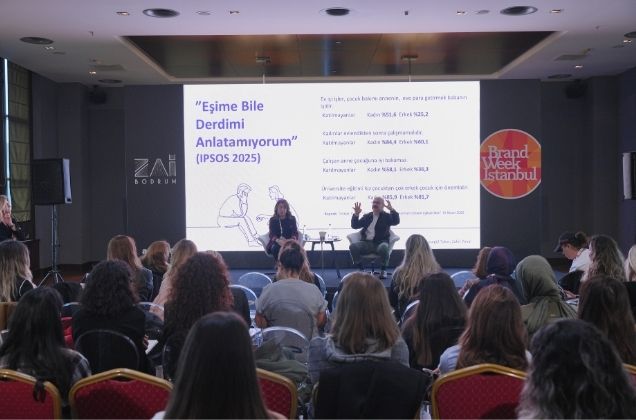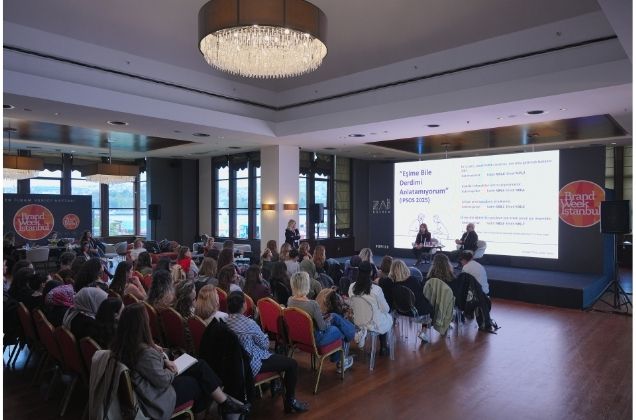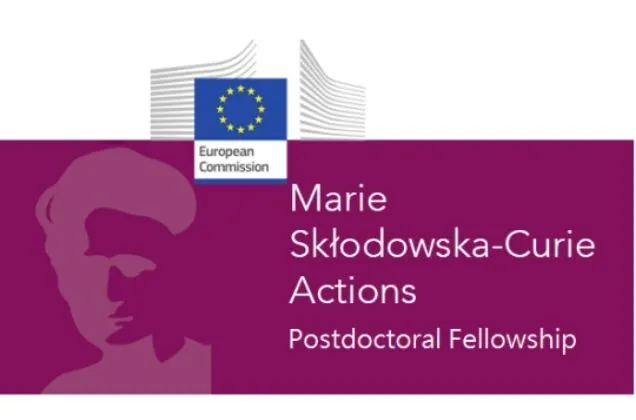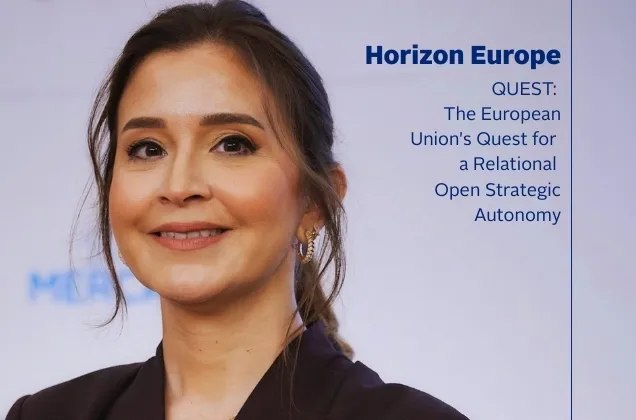13/11/2025
The "Purple Transformation" report, prepared by Sabancı Business School Dean Prof. Dr. Ayşegül Toker, Prof. Dr. Zafer Yenal, and Prof. Dr. Arzu Wasti, was launched as part of Brand Week Istanbul.
The report, which reveals the structural barriers that prevent women's stronger participation in the economy in Türkiye and strategic opportunities to overcome these barriers, aims to increase the visibility of women's labor, reconnect economic decision-making processes with care work, and center gender equality. The Finish Gücümüz Yeter platform, designed based on the data presented in the report, was launched at Brand Week held at the Haliç Congress Center. The platform was launched with the three-day Gücümüz Yeter Women's Entrepreneurship Academy held at the event.

A Presentation That Attracted Great Attention at Brand Week
The findings of this comprehensive study were presented to a wider audience for the first time in a talk titled "Looking at the Economy through a Women's Perspective," delivered by Prof. Dr. Ayşegül Toker, Dean of Sabancı Business School, and Prof. Dr. Zafer Yenal. The session at the Haliç Congress Center was followed with great interest by Brand Week audiences.
In their speeches, Prof. Dr. Ayşegül Toker and Prof. Dr. Zafer Yenal discussed why looking at the economy through a women's perspective is more critical today than ever. The presentation began by pointing out that the concept of "economy" has historically been rooted in household management, emphasizing that the modern economy's gradual shift away from the home and care work has rendered women's labor invisible, immeasurable, and devalued. Therefore, Purple Transformation was presented as a comprehensive transformation vision that reconnects the economy with the home, care work, and gender equality.
The Current Outlook for Women's Labor
Data shared at Brand Week provides striking insights into the current state of women's labor in Türkiye. It was stated that women's labor force participation rate is still less than half that of men, unpaid family labor persists, and one of the most critical problems is "time poverty." It was emphasized that young women who are not in education, employment, or training (NEETs) due to care responsibilities constitute a significant group.
The presentation also emphasized that gender attitudes are one of the strongest barriers to change, and that the transformation in global skill requirements (WEF Future of Jobs 2025) presents both risks and opportunities for women.

The Importance of Institutional and Collective Transformation
In the final section of the presentation, it was emphasized that individual efforts alone are not sufficient for the Purple Transformation to succeed; collective solidarity and institutional support play a critical role. It was emphasized that empowering women through autonomy, competence, and relationships makes the economy more inclusive, resilient, and sustainable, and that solidarity networks and institutions are decisive actors in this transformation.
Finally, in the "Looking at the Economy Through a Women's Perspective" presentation, it was emphasized that considering the economy not only through production but also through reproduction and care work is a strategic imperative for Türkiye's economic future.




